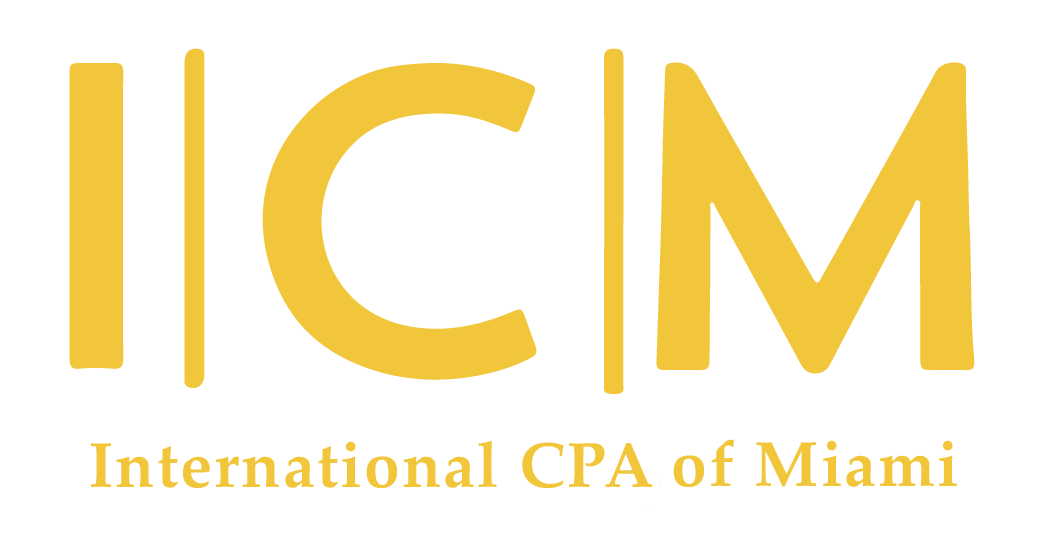What is an Offer in Compromise?
An offer in compromise allows you to settle your tax debt for less than the full amount you owe. It may be a legitimate option if you can't pay your full tax liability, or doing so creates a financial hardship. The IRS consider your unique set of facts and circumstances:
Ability to pay;
Income;
Expenses; and
Asset equity.
IRS generally approve an offer in compromise when the amount offered represents the most we can expect to collect within a reasonable period of time. Explore all other payment options before submitting an offer in compromise. The Offer in Compromise program is not for everyone. If you hire a tax professional to help you file an offer, be sure to check his or her qualifications.
Make Sure You Are Eligible
The IRS will return any newly filed Offer in Compromise (OIC) application if you have not filed all required tax returns and have not made any required estimated payments. Any application fee included with the OIC will also be returned. Any initial payment required with the returned application will be applied to reduce your balance due. This policy does not apply to current year tax returns if there is a valid extension on file.
You are not eligible if you are in an open bankruptcy proceeding. Use the Offer in Compromise Pre-Qualifier to confirm your eligibility and prepare a preliminary proposal.
Submit Your Application
Find forms for submitting an application and step-by-step instructions in Form 656-B, Offer in Compromise Booklet PDF. Your completed offer package will include:
Form 433-A (OIC) (individuals) or 433-B (OIC) (businesses) and all required documentation as specified on the forms;
Form 656(s) - individual and business tax debt (Corporation/ LLC/ Partnership) must be submitted on separate Form 656;
$205 application fee (non-refundable); and
Initial payment (non-refundable) for each Form 656.
Select A Payment Option
Your initial payment will vary based on your offer and the payment option you choose:
Lump Sum Cash: Submit an initial payment of 20 percent of the total offer amount with your application. If your offer is accepted, you will receive written confirmation. Any remaining balance due on the offer is paid in five or fewer payments.
Periodic Payment: Submit your initial payment with your application. Continue to pay the remaining balance in monthly installments while the IRS considers your offer. If accepted, continue to pay monthly until it is paid in full.
If you meet the Low Income Certification guidelines, you do not have to send the application fee or the initial payment and you will not need to make monthly installments during the evaluation of your offer. See your application package for details.
Understand The Process
While your offer is being evaluated:
Your non-refundable payments and fees will be applied to the tax liability (you may designate payments to a specific tax year and tax debt);
A Notice of Federal Tax Lien may be filed;
Other collection activities are suspended;
The legal assessment and collection period is extended;
Make all required payments associated with your offer;
You are not required to make payments on an existing installment agreement; and
Your offer is automatically accepted if the IRS does not make a determination within two years of the IRS receipt date.
If Your Offer Is Accepted
You must meet all the Offer Terms listed in Section 7 of Form 656, including filing all required tax returns and making all payments;
Any refunds due within the calendar year in which your offer is accepted will be applied to your tax debt;
Federal tax liens are not released until your offer terms are satisfied; and
Certain offer information is available for public review by requesting a copy of a public inspection file.
If Your Offer Is Rejected
You may appeal a rejection within 30 days using Request for Appeal of Offer in Compromise, Form 13711 PDF.
The IRS Independent Office of Appeals provides additional assistance on appealing your rejected offer.
